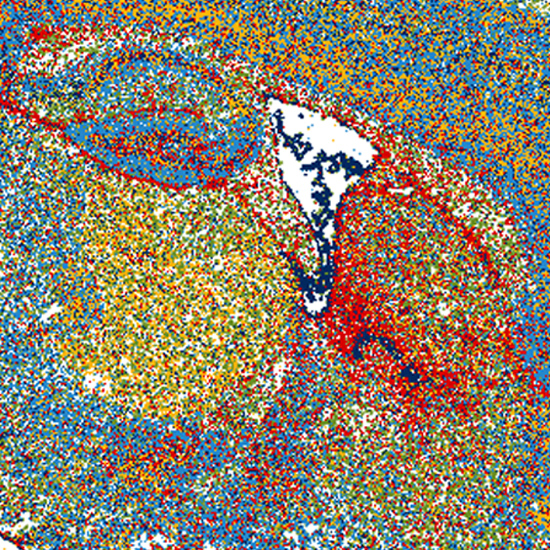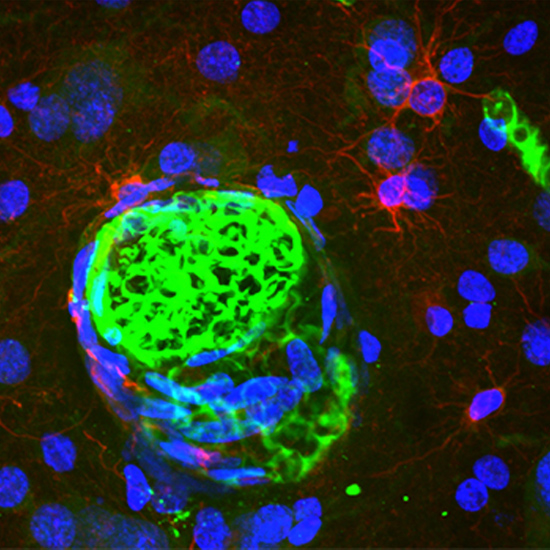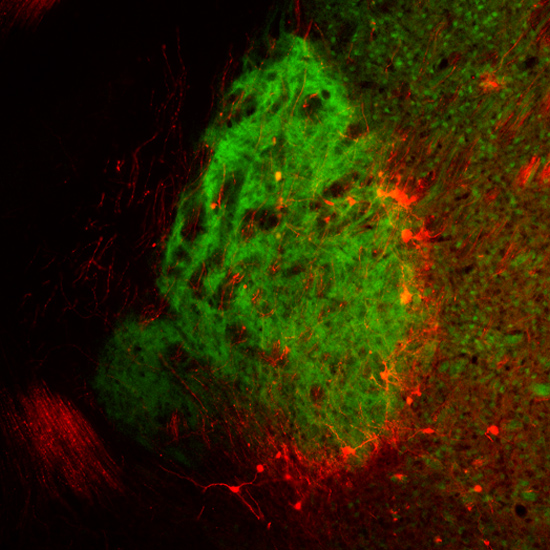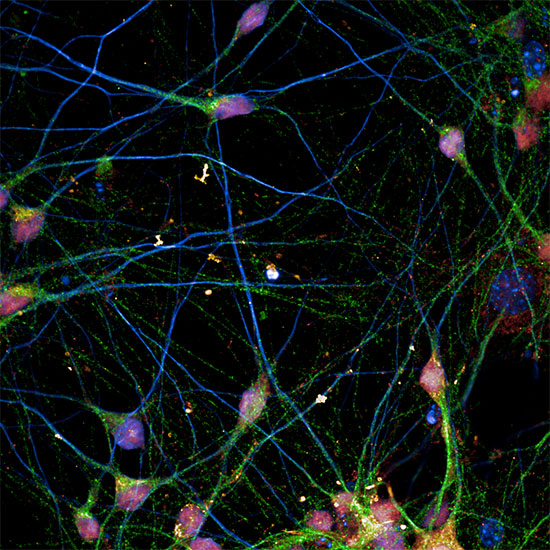OUR SCIENCE
Research Overview
Schizophrenia is unusual among neurodevelopmental disorders because of its late postnatal onset, commonly occurring in adolescence or young adulthood. We propose this late critical period of brain plasticity underlies vulnerability to psychiatric illness. Adolescence is marked by changes in neuroanatomy, physiology, cognition, and social behavior, some of which have been linked to schizophrenia pathophysiology. The goals of the Conte Center for Neuroimmune Studies are to discover neuroimmune mechanisms of brain development and link them to genetic and environmental risk factors, and to better understand the unique vulnerabilities of the adolescent brain. Our Center works across four labs to investigate neuroimmune mechanisms of schizophrenia risk at every level.
Our Center addresses three main questions motivated by the discovery of genetic variants in the complement genes that increase the risk for schizophrenia. We strive to understand (1) the genetic and molecular variation associated with psychiatric disease risk; (2) the cellular and behavioral consequences of this variation; and (3) how critical periods of development interact with this risk factor. Our Center seeks to address these outstanding questions by working across biological levels, from genes and molecules to cells and circuits, and finally to relevant cognitive behaviors. While we will continue to employ existing and novel mouse strains and tools, we will also leverage human stem cell-derived neuron and glial cultures and develop the marmoset as a non-human primate model of adolescent brain and cognitive development. Such a multi-level, multi-species approach is bolstered by the Center structure, which facilitates seamless communication and collaboration and fosters innovative, interdisciplinary thinking.
Our Aims
Further understand the basic cellular and molecular mechanisms underlying the emerging genetics of psychiatric disorders.
Link psychiatric risk factors, both genetic and environmental, to the circuitry, function, and vulnerabilities of the adolescent brain.
Continue to grow and support the emerging field of neuroimmune psychiatric research.



